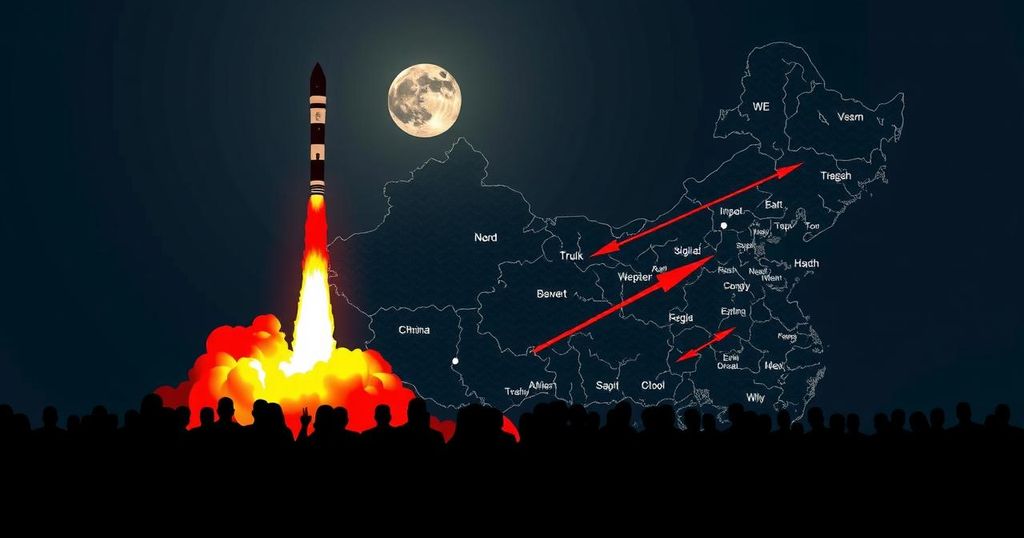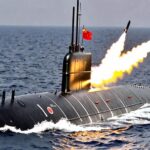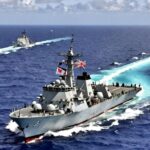China’s Concern Over US Missile Deployment in the Philippines
The recent disclosure by the Philippines unveiled China’s deep apprehension over the deployment of a US mid-range missile system in the northern part of the country. The US military conveyed the missile system, which is capable of launching the Standard Missile-6 and the Tomahawk Land Attack Missile, as part of military exercises with Philippine troops. Nonetheless, the Philippine Foreign Secretary, Enrique Manalo, assured his Chinese counterpart, Wang Yi, that the missile system would only be present in the country temporarily.
During their discussions in Laos on the sidelines of the Association of Southeast Asian Nations meetings, Wang Yi conveyed China’s alarm regarding the US mid-range missile deployment. He cautioned Manalo about the potential destabilizing effects that the presence of the missile system could have on the region. Despite China’s expressed concerns, the Philippine foreign affairs chief disagreed and provided reassurances to Wang, assuring him that the missile system was not destabilizing and would only be in the country temporarily.
China has objected to the increased presence of US military forces in the region, including in the Philippines, citing concerns that such actions could threaten regional stability and peace. Both the US and the Philippines have condemned China’s assertive actions to fortify its territorial claims in the South China Sea, actions which have resulted in heightened tensions between Chinese and Philippine coast guard forces and accompanying vessels.
The South China Sea serves as a vital global and security route, with competing territorial claims made by China, the Philippines, Vietnam, Malaysia, Brunei, and Taiwan. The area has experienced heightened hostilities, with various countries in the region competing for control.
The deployment of the US missile system in the Philippines has sparked diplomatic tensions and raised concerns about the potential for escalation in the region. The reassurances provided by the Philippines to China, as well as ongoing dialogue and negotiations between the involved countries, will be crucial in preserving peace and stability in the South China Sea.
In conclusion, the Philippines’ efforts to address China’s concerns over the US missile deployment underline the significance of diplomatic dialogue and conflict resolution in managing regional tensions. The delicate balance of power and interests in the South China Sea necessitates careful navigation by all stakeholders to prevent further escalation and ensure peace and stability in the region.








Post Comment